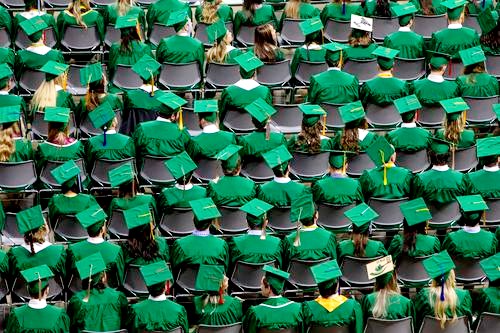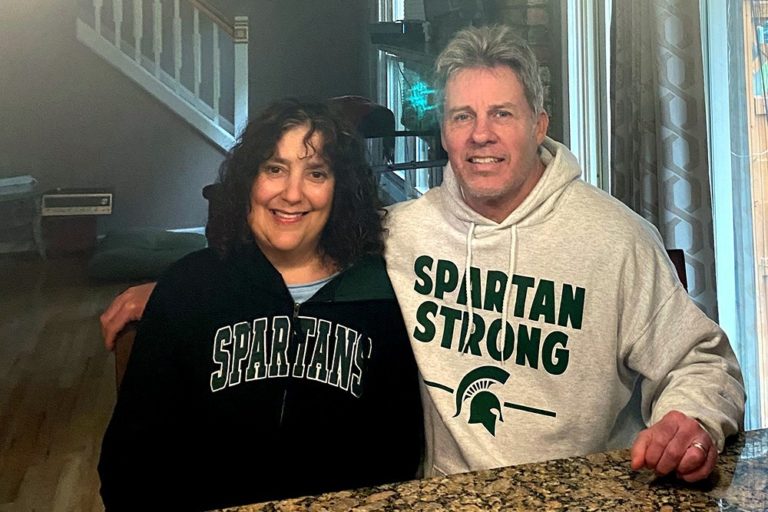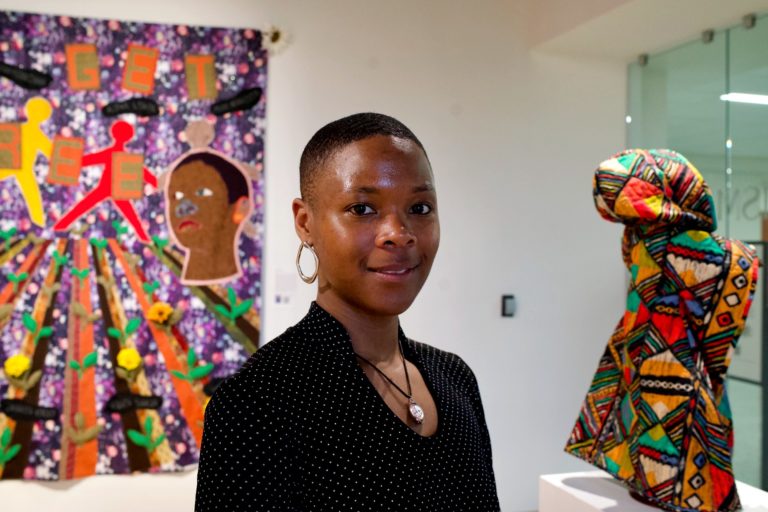A $2 million grant from The Andrew W. Mellon Foundation has helped launch the Diaspora Solidarities Lab (DSL), a Black feminist digital humanities initiative that supports solidarity work in Black and Ethnic Studies with a commitment to transformative justice.
The DSL will help build knowledge communities through technology and serve as a co-creating space. It is a hub for Black feminist modes of academic and community partnership, and mutual aid for the study of technologies of diaspora and solidarity. Its primary purpose is to build power and critical knowledge within Black diasporic communities by bringing together diaspora studies projects, scholars, and community members accountable to Black feminist thought.
While examining and supporting Black feminist coalition building as well as traditional and experimental scholarship, the DSL will link diasporic, archipelagic, and Indigenous knowledge communities invested in social justice, digital practice, and community organizing.
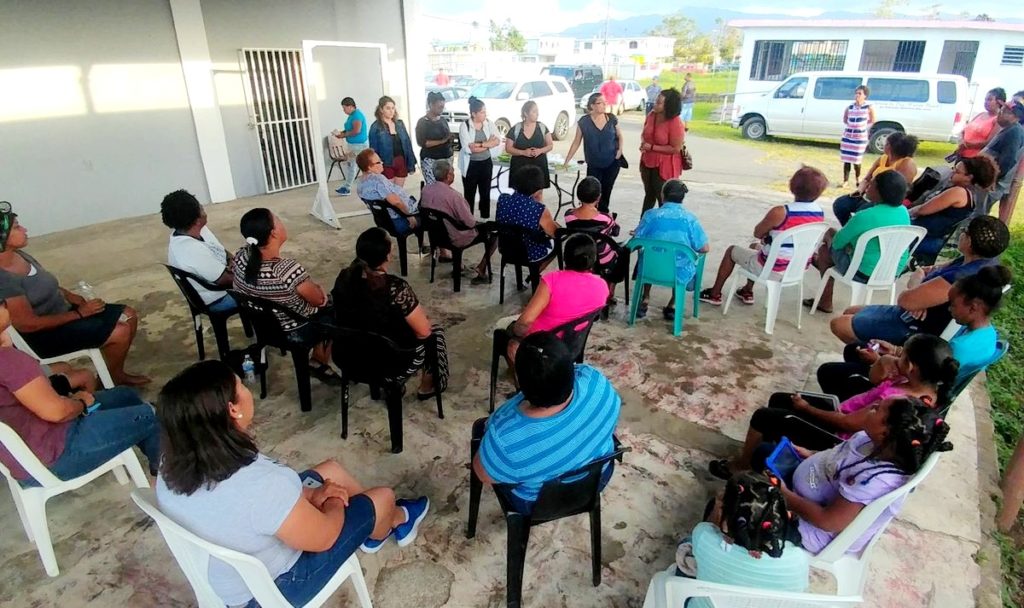
A multi-institutional partnership between Michigan State University and Johns Hopkins University, the DSL is being led by its founders Yomaira Figueroa-Vásquez, Associate Professor of Global Afro-Diaspora Studies in the Department of English at Michigan State University, Jessica Marie Johnson, Assistant Professor in the Department of History at Johns Hopkins University, and Tao Leigh Goffe, Assistant Professor of Literary Theory and Cultural History in the Department of Africana Studies and the Feminist, Gender, and Sexuality Studies Program at Cornell University.
“Our success will come first and foremost through the formation of the knowledge communities that span our institutions and that reach beyond the academy in meaningful and mutually beneficial ways, creating conditions for the seeds to spread and others to model what we have created,” Figueroa-Vásquez said. “This includes community partnerships, graduate student scholarly and professional development that is informed by Black and Ethnic Studies theories and methodologies, as well as radical theory and research that may take the form of digital modules for open access/public use and analog and digital publications that will be made available on the DSL website/repository hosted by MSU.”
“Our success will come first and foremost through the formation of the knowledge communities that span our institutions and that reach beyond the academy in meaningful and mutually beneficial ways, creating conditions for the seeds to spread and others to model what we have created.”
Yomaira Figueroa-Vásquez, Associate Professor of Global Afro-Diaspora Studies at MSU
The DSL brings together the programming and faculty – Figueroa-Vásquez an ethnic studies scholar and literary theorist, Johnson a historian and digital humanist, and Goffe a cultural critic, who each currently lead various organizations, including Taller Electric Marronage, Dark Laboratory, Afro-Asia Group, Life x Code: Digital Humanities Against Enclosure, and the Afro-Latinx Lab – to expand practices of accountability and mentorship in higher education and foster new patterns of ethical engagement within and beyond the academy and throughout scholarly thought.
“Charting new methods in archival research, theory, and community practice, we join to address how the humanities can deepen its commitment to community,” Figueroa-Vásquez said. “Over the shifting digital, political, and academic landscape of the past year, each of us has experimented with forming knowledge communities connecting theory and creative technological practice. We work within and beyond our respective institutions to engage with artists, grassroots organizers, farmers, community historians, and local activists as knowledge producers. Building on our expertise in research and organizing, the DSL will bring this work together for maximum impact.”
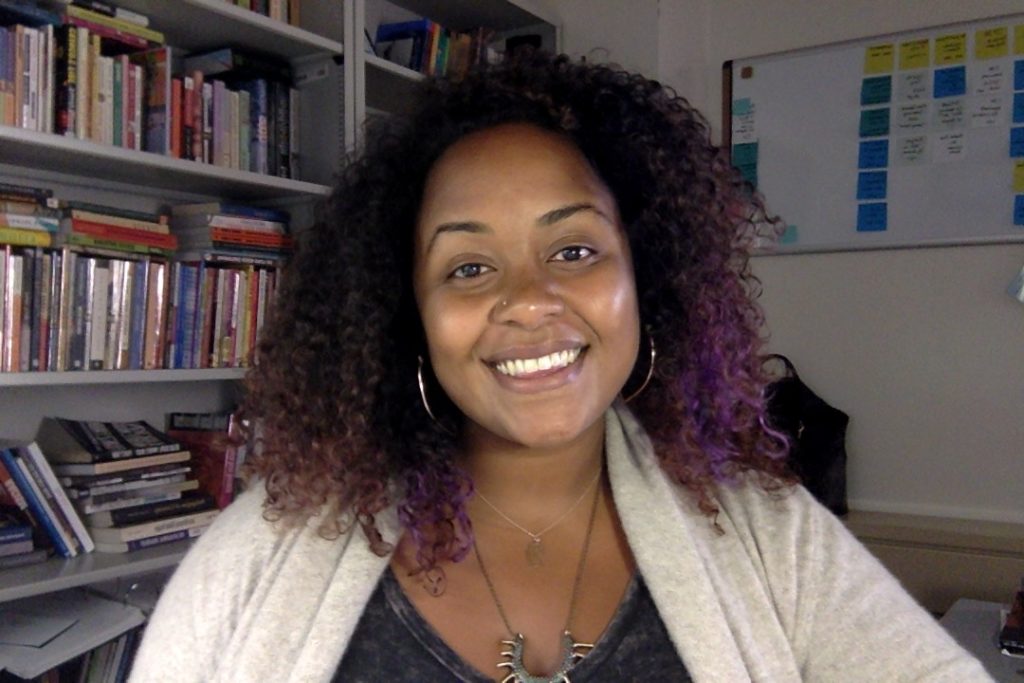
The Andrew W. Mellon Foundation grant will support the DSL for three years. During the first year, the focus will be on hires and building connections between members and solidarity and community partners. The second year will focus on implementation and building the DSL and on developing individual projects and collaborations while reflecting on past lessons and successes. By year three, the DSL is expected to be a consortium across institutions for virtual and in-person collaboration and research-informed by Black feminist modes of digital praxis.
As part of the second year of the grant, a DSL Postdoctoral Fellow will be appointed. Hosted at MSU, the Postdoctoral Fellow will teach one seminar, participate in DSL events and workshops, mentor Solidarity Fellows, and coordinate the closing symposium. The postdoc also will help shape the DSL and will receive mentorship and support for their research before transitioning to a tenure-track position during the third year of the grant.
“The DSL leans into the affordances of the digital to create space for learning and research happening in ways that, because of COVID, are increasingly being adopted by the academy in this pandemic moment…”
Jessica Marie Johnson, Assistant Professor in the Department of History at Johns Hopkins University
Several events will be hosted by the DSL each year, including the Solidarities Speaker Series where intellectuals, cultural workers, artists, and community members will offer their expertise and share practices of radical and transformative community-sustaining work.
At MSU, the DSL will create the Open Boat Lab (OBL), directed by Figueroa-Vásquez, to support curation, storytelling, and community organizing development. Taking its title from Edouard Glissant’s Poetics of Relation, the OBL will consist of four micro labs that will engage in digital humanities methods that center community storytelling, documentation/archiving, and creative/public art across archipelagic, diasporic, rural, and urban experiences. The OBL will create digital archives, museum and gallery exhibits, and community workshops.
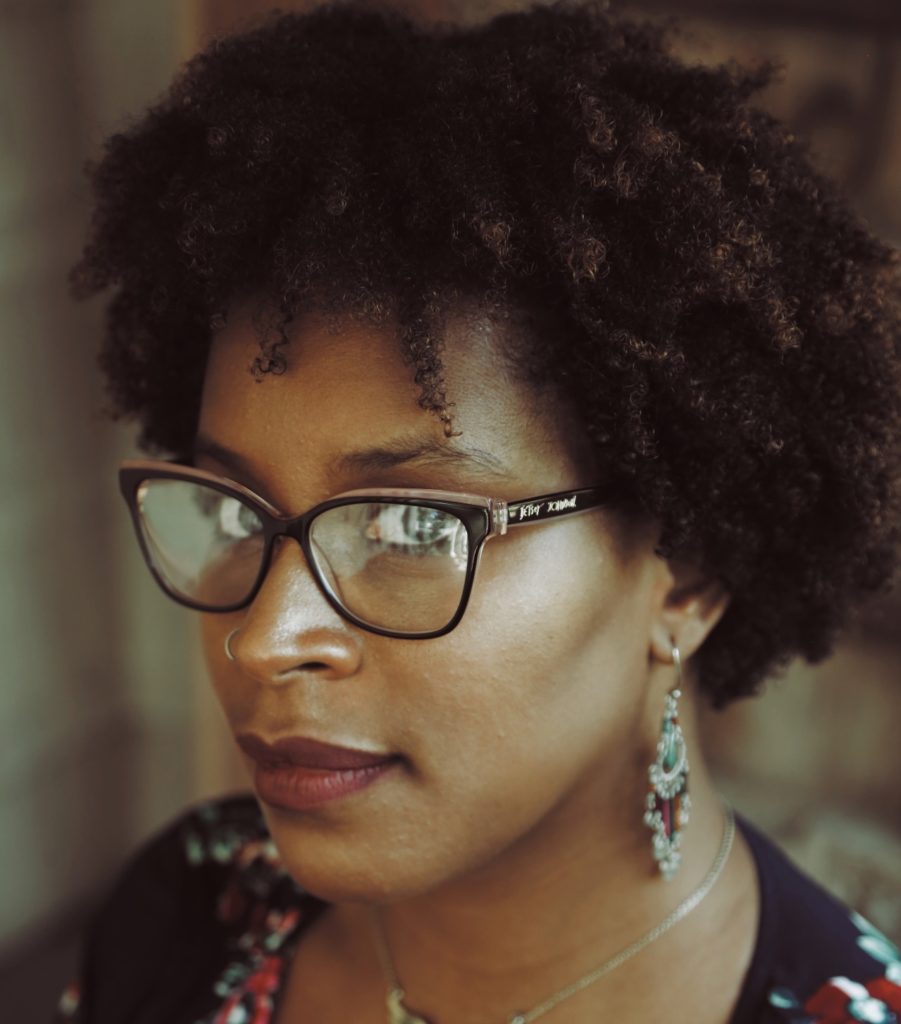
The DSL also will establish the Community Knowledge Lab (CKL) at Johns Hopkins University, which will be a hub for digital skills workshops and digital humanistic engagement. Directed by Johnson, the CKL will focus on developing methods and scholarship rooted in Black and Ethnic studies, Black and Ethnic Studies digital humanities and data methodologies while providing skills in digital tools and applications to be used within various DSL projects.
“The DSL leans into the affordances of the digital,” Johnson says, “to create space for learning and research happening in ways that, because of COVID, are increasingly being adopted by the academy in this pandemic moment, but are actually long familiar to those of us who have always used technology in strategic ways to maintain solidarities despite the predations of U.S. empire.”
“It is our ethos that if it does not exist you must create the intellectual community you need to thrive in the academy, especially as scholars of color engaging in digital praxis…”
Tao Leigh Goffe, Assistant Professor of Literary Theory and Cultural History at Cornell Uniersity
A DSL Writing Group will support junior scholars in developing scholarship, building a writing practice, and learning publication standards. Yearly stipends of $1,000 will be awarded to support six participants who will be chosen by an open call and who will work together to provide feedback for each member of the group.
“It is our ethos that if it does not exist you must create the intellectual community you need to thrive in the academy, especially as scholars of color engaging in digital praxis,” Goffe says, “and with our island structure of multiple labs, the DSL is an archipelago of mentoring especially for those who do not have tenure.”
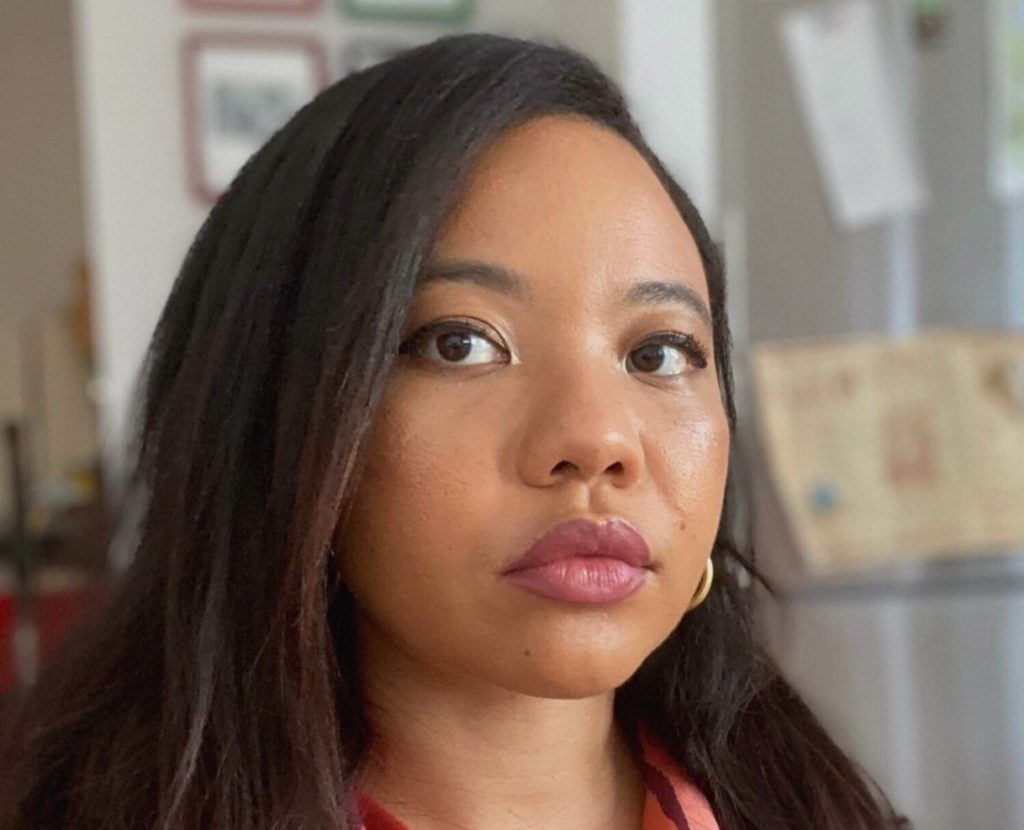
Over a three-year period, members of the DSL Writing Group will discuss publication metrics for tenure in higher education and new modes of assessing digital work and credentialing. In addition, two DSL Manuscript Workshops will be offered each year for junior scholars working on first book manuscripts.
“Our goal is to practice a collaborative and hands-on approach to graduate and undergraduate mentoring, research, and teaching as we work in digital and material knowledge building,” Figueroa-Vásquez said. “The benefits of this work include creating opportunities for undergraduate internships, graduate student assistantships, the creation of a postdoctoral fellowship to tenure-track faculty member program at MSU, and the seeding of institutional change throughout our universities and the academy through members who will model, remix, and replant the DSL in the locations where they are and will go.”
As part of the grant, a DSL website will be created that will include the best practices for experiential learning, experimental digital scholarship, and building community relations; open access to audiovisual content and documentation; material on non-traditional archives, digital humanities methods, and community organizing; as well as information on the curation and opening of public gallery and museum exhibitions that center the work, research, and ethics of the DSL.
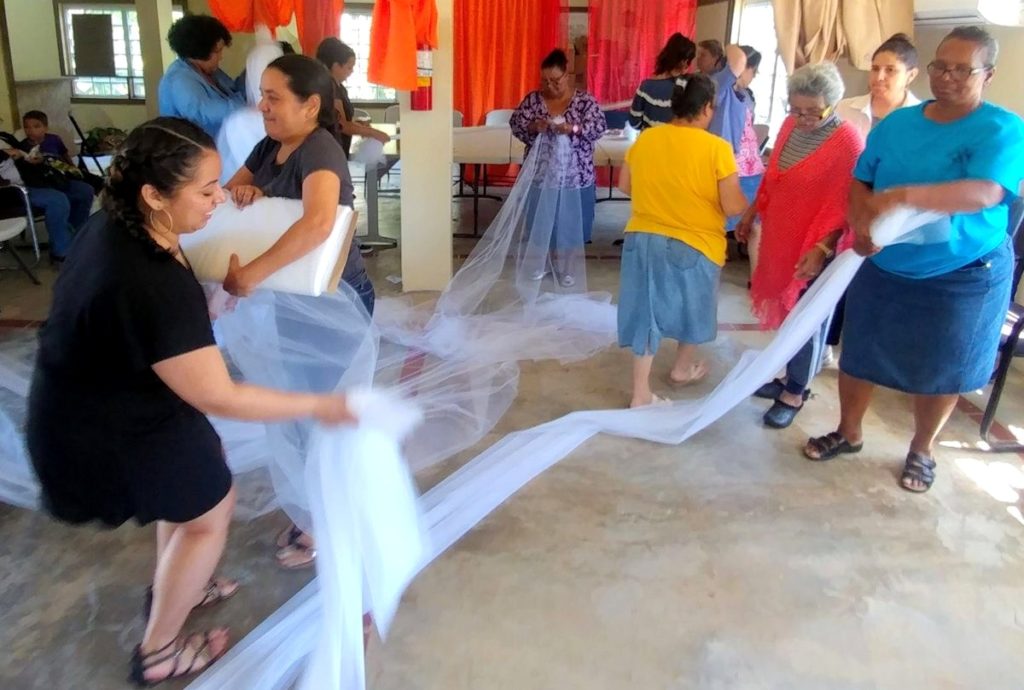
“The humanities are undergoing fundamental and structural changes whether through the expansion of digital technology or the changing demographic composition of our constituencies. As more students of historically underrepresented groups enter undergraduate and graduate education, the humanities need to foster new approaches to research, mentoring, and community-engaged practices,” Figueroa-Vásquez said. “Humanities faculty have a responsibility to confront the limits of the brick-and-mortar university and create new opportunities for humanistic scholarship. Incentivizing collaboration in the humanities is not a problem to be solved so much as an opportunity to rethink the very definition of the humanities.”
The DSL is working with several community partners ranging from grassroots organizations to international archives to museums. These community partners and collaborators include, Yagrumo: Taller Experimental de Imagenes (Adjuntas, Puerto Rico), Center for Puerto Rican Studies (New York), Frank Espada Family Archive (San Francisco, California), Instituto de Investigaciones Interdisciplinarias (Universidad de Puerto Rico, Cayey), Programa Afrodescendencia y Raza (Universidad de Puerto Rico, Rio Piedras), Edith and Eli Broad Art Museum (MSU), LookOut! Galley in the Residential College in the Arts & Humanities (MSU), Color Compton (Compton, California), Avery Research Center for African American History and Culture (Charleston, South Carolina), The Black School (New Orleans, Louisiana), Plantain (Trinidad, Uganda), Surviving Storms (UK, Dominica), The Netherlands Institute for Sound and Vision (Hilversum, Netherlands), Museum of African Diaspora (Smithsonian, San Francisco, California), Museum of Contemporary African Diasporan Arts (Brooklyn, New York), Asian Art Museum (San Francisco, California), and National Gallery of Jamaica (Kingston, Jamaica).
About The Andrew W. Mellon Foundation
The Andrew W. Mellon Foundation is the nation’s largest supporter of the arts and humanities. Since 1969, the Foundation has been guided by its core belief that the humanities and arts are essential to human understanding. The Foundation believes that the arts and humanities are where we express our complex humanity and that everyone deserves the beauty, transcendence, and freedom that can be found there. Through our grants, we seek to build just communities enriched by meaning and empowered by critical thinking, where ideas and imagination can thrive.
